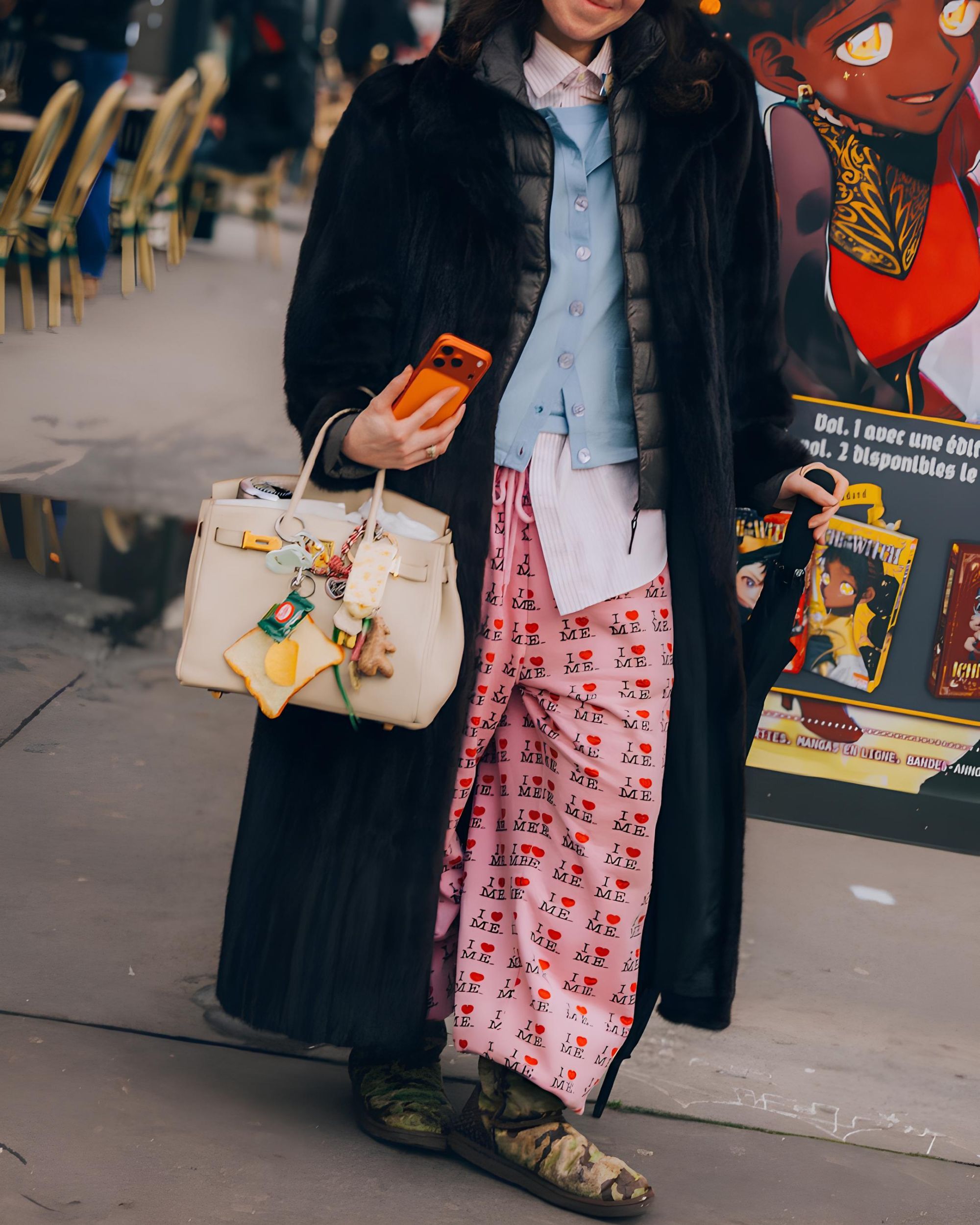
The days when social media was free may be over Meta, Twitter and YouTube's newest strategies suggest the end of an era
The group comprising the social networks Facebook and Instagram, Meta, recently announced the launch of Meta Verified, a paid programme that - at a price of $11.99 per month - will among other things give registered users a blue tick for recognition, better customer service (with access guaranteed to a "real person"), and increased visibility and reach - the number of people viewing content. Meta Verified seems to have taken a cue from what Twitter has experienced in recent months. One of the first decisions taken by Elon Musk's new management was precisely the enhancement of Twitter Blue. The service - considered an important source of income for the company's difficult future - offers users the blue tick, greater visibility and the possibility of publishing tweets longer than 280 characters, in exchange for eight dollars per month. According to Vox, the cases of Meta Verified and Twitter Blue demonstrate that social media monetisation is now «an industry-wide trend». In particular, the news of Meta Verified has also caused discussion because of the choice to include in the paid services a series of advantages related to user security: it offers Instagram or Facebook account verification through an identity document, but also additional protection from bots.
No I still find you attractive it’s just the way you paid for a twitter verification threw me off a little bit
— lea michelles English teacher (@gumkrusty) March 10, 2023
Exploiting cybersecurity for monetisation has caused much discussion among users and observers, who consider these tools too important to be offered for a fee, especially when it comes to a company as powerful and influential as Meta. In recent times, more and more platforms and social networks have introduced premium versions: Snap (formerly known as Snapchat) offers a service for $3.99 per month for users who want exclusive photo filters; then there is Discord, which offers paid customisation tools for chats, while YouTube Premium is the paid version of the site that allows users to have no advertisements, download videos or listen to them in the background. The phenomenon is so widespread as to suggest that the era when a user could build an online following based solely on the quality of their content is over; as Jason Goldman, formerly of Twitter, told Vox, «the idea of paying a subscription to be presented more prominently by the algorithm is nothing more than advertising.»
For years, social networks have made free access their most important feature. The reasons for the change of direction of an entire industry are diverse, and are to be found first and foremost in the transition period that Silicon Valley's digital and technology companies are going through - which has forced them to make unprecedented job cuts and re-evaluate their strategies. Musk's purchase of Twitter and his «extremely hardcore» management of the company - as he himself called it - then seems to have accelerated a process that perhaps would have developed more slowly, and which today has affected all or most of the major social networks. Finally, there was Apple's decision to add the App Tracking Transparency feature to the iPhone operating system in spring 2021, giving users the option of refusing to have their actions tracked by apps; the novelty, presented by the company to better protect privacy, affected the mechanism that allowed Facebook, Instagram and other similar services to collect personal data in order to show targeted, and therefore more expensive, advertisements to advertisers.
Saldi sulla spunta blu: 114 euro e 99 all'anno.
— Li (@Lillylabionda) March 14, 2023
Io piuttosto me li bevo.
Meta Verified and the other services are certainly a response by technology companies to Apple's initiative, which came at a delicate time for traditional social networks such as Facebook, struggling with the spread and innovations brought by TikTok. Before the birth of the extremely popular Chinese social network, regular feeds were in fact completely different: each user mostly saw content produced by friends or contacts close to his or her bubble; TikTok's "For You" section, on the other hand, proposes a continuous flow of content, chosen by the algorithm on the basis of users' interests and preferences. The success in terms of users of this initiative has further worsened the situation of Meta - prompting Instagram to propose Reels and consequently forcing YouTube to respond with Shorts -, forcing platforms and social networks to anticipate or revise their monetisation strategies.















































